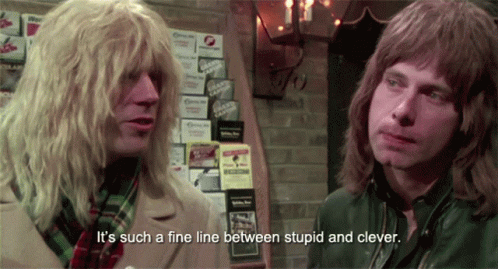I’d like to start by saying a big ‘thank you’ to all of you who sent messages of support, verbal or written, following my first two blogs. It really has been wonderful to know that so many of you are taking an interest, and care enough to respond. It’s not something I would have thought of doing without Mitch’s encouragement.
Several of you expressed interest in the clinical trials. The main trial I volunteered for is to test a ‘new’ drug. In fact, the drug is already being used in cancer treatment but, theoretically, it might have some impact on MND. Over 200 MND patients will participate, some in France and some in the UK, with Brighton being one of the UK centres.
Before being accepted on the trial, I had to visit the Royal Sussex Hospital in Brighton to undergo a thorough physical examination, answer questions on my medical history, and then have numerous tests done to establish my baseline condition. As ever, I was accompanied by my wife, Doreen. She has been a tower of strength and support (albeit a diminutive tower!) throughout our ‘journey’.
The first task was to give blood samples, which I’ve done many times before, but I was astounded by the number of test tubes of blood taken. On about the twelfth, I borrowed a Tony Hancock line, saying to the nurse, “That arm must be almost empty by now.” She didn’t laugh. Perhaps she had no sense of humour, or didn’t remember Hancock’s classic episode, ‘The Blood Donor’, but more likely she’d just heard that line too many times before!
The final, and hardest test, was a lumbar puncture to collect a sample of spinal fluid for analysis. Despite the neurologist’s assurances of her vast experience with these, it took her five attempts, and lasted nearly an hour. I had a sore back for a few days, but the process was more uncomfortable than painful. In all, we were at the hospital for five hours.
In a parallel, but linked study at Sussex University, they are using novel MRI brain-scanning techniques to try to understand how and why nerve cells die in MND. Having volunteered for that, too, and said that Doreen would accompany me, they roped her in, too, as part of the control group. We each had to spend an hour in the MRI scanner, Doreen’s only comment being that her feet were cold. Next time she’ll take some thick socks!
My physical condition continues to deteriorate, but perhaps, hopefully, not as quickly as it does for some. The most noticeable aspect at present is the diminishing grip in my left hand. That makes buttons and fasteners tricky to use. Fastening my trouser waistband can be difficult and time consuming, not helped by an expanding waistline from lack of exercise! And stairs are steadily becoming more and more of a challenge, but I still try to use them while I can to maintain some strength in my legs.
Later in June I shall attend my first meeting of the local Motor Neurone Disease Association. It will be my first opportunity to meet other local people living with MND. Doubtless many of them will be further along their journey than me. I have to confess to feeling apprehensive about seeing my future ‘in the flesh’, but I’m hoping I shall find it both instructive and inspiring to find out how those before me have coped.
